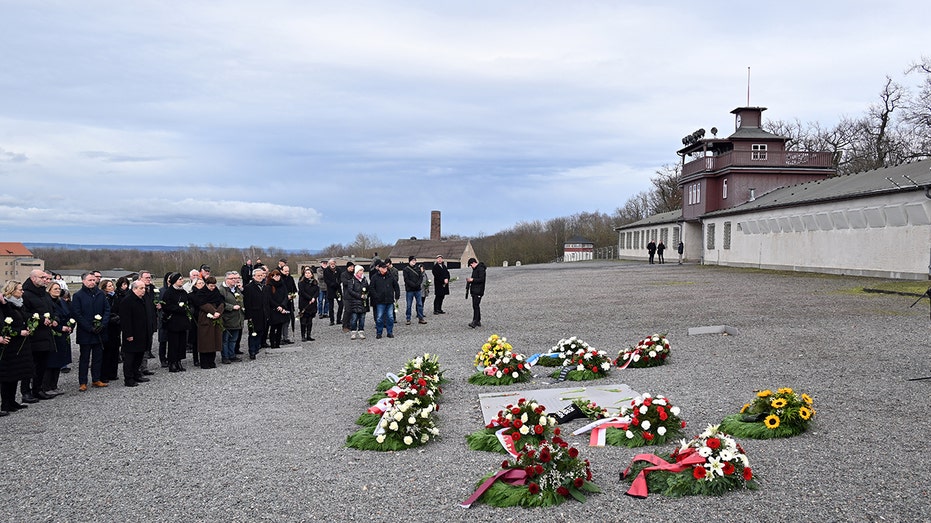Rose Girone, Oldest Living Holocaust Survivor, Dies at 113

Sarah Johnson
March 3, 2025
Brief
Rose Girone, the world's oldest Holocaust survivor and advocate for remembrance, has died at 113. Her extraordinary life embodies resilience, survival, and the power of memory.
Rose Girone, believed to be the oldest living Holocaust survivor and a passionate advocate for sharing the stories of those who endured the unimaginable, has passed away at the age of 113. The Claims Conference, an organization based in New York focused on Jewish material claims against Germany, confirmed her death on Monday.
"Rose was an example of fortitude, but now we are obligated to carry on in her memory," said Greg Schneider, executive vice president of the Claims Conference. He emphasized that the lessons of the Holocaust must not fade with those who lived through it.
Born on January 13, 1912, in Janow, Poland, Girone moved with her family to Hamburg, Germany, when she was six. Her life, like so many others, was irreversibly altered when Hitler rose to power in 1933. In a 1996 interview with the USC Shoah Foundation, she reflected, "Hitler came in 1933, and then it was over for everybody."
Girone was one of approximately 245,000 Holocaust survivors still alive across more than 90 countries, according to a recent study by the Claims Conference. With a median age of 86, their numbers are dwindling rapidly. The Holocaust claimed the lives of six million European Jews and countless others, leaving an indelible scar on history.
Her journey of survival was harrowing. In 1937, she married Julius Mannheim in an arranged marriage. While nine months pregnant and living in Breslau (modern-day Wroclaw, Poland), the Nazis took her husband to the Buchenwald concentration camp. Despite her circumstances, Girone managed to secure Chinese visas with the help of relatives in London, securing her husband’s release. The family fled to Shanghai in 1938, boarding a ship with little more than basic clothing and linens.
Their time in Shanghai was marked by tremendous hardship. By 1941, Jewish refugees were confined to a ghetto, where Girone, her husband, and their young daughter were crammed into a single bathroom in a shared house. Food was scarce, and life was ruled by the whims of a ruthless Japanese official who styled himself as the "King of the Jews." Yet, they endured, with Girone knitting and selling sweaters while her husband operated a taxi business.
After the war, the family received letters from relatives in the United States. With their help, they immigrated to America in 1947, arriving in San Francisco with just $80. Girone’s ingenuity shone again when she sewed the money into buttons for safekeeping. They eventually settled in New York City, where she opened a knitting store with her mother’s support.
Girone later divorced Mannheim and in 1968 met Jack Girone, whom she married the following year. He passed away in 1990. Despite her trials, Girone remained a source of wisdom and resilience. When asked in 1996 what message she wanted to leave for future generations, she said, "Nothing is so very bad that something good shouldn't come out of it. No matter what it is."
Her life story is both a vivid reminder of the atrocities of the Holocaust and a testament to the human spirit’s ability to survive and rebuild.
Topics
Editor's Comments
Rose Girone's life encapsulates the resilience of the human spirit in the face of unspeakable horrors. Her ability to rebuild a life from the ashes of despair is awe-inspiring, and her message to find good even in the worst situations is a lesson the world desperately needs to hold onto. It's also a stark reminder that history is slipping away as we lose the voices of those who lived it firsthand—it’s on us to keep their stories alive, even if society sometimes seems all too eager to forget.
Like this article? Share it with your friends!
If you find this article interesting, feel free to share it with your friends!
Thank you for your support! Sharing is the greatest encouragement for us.



